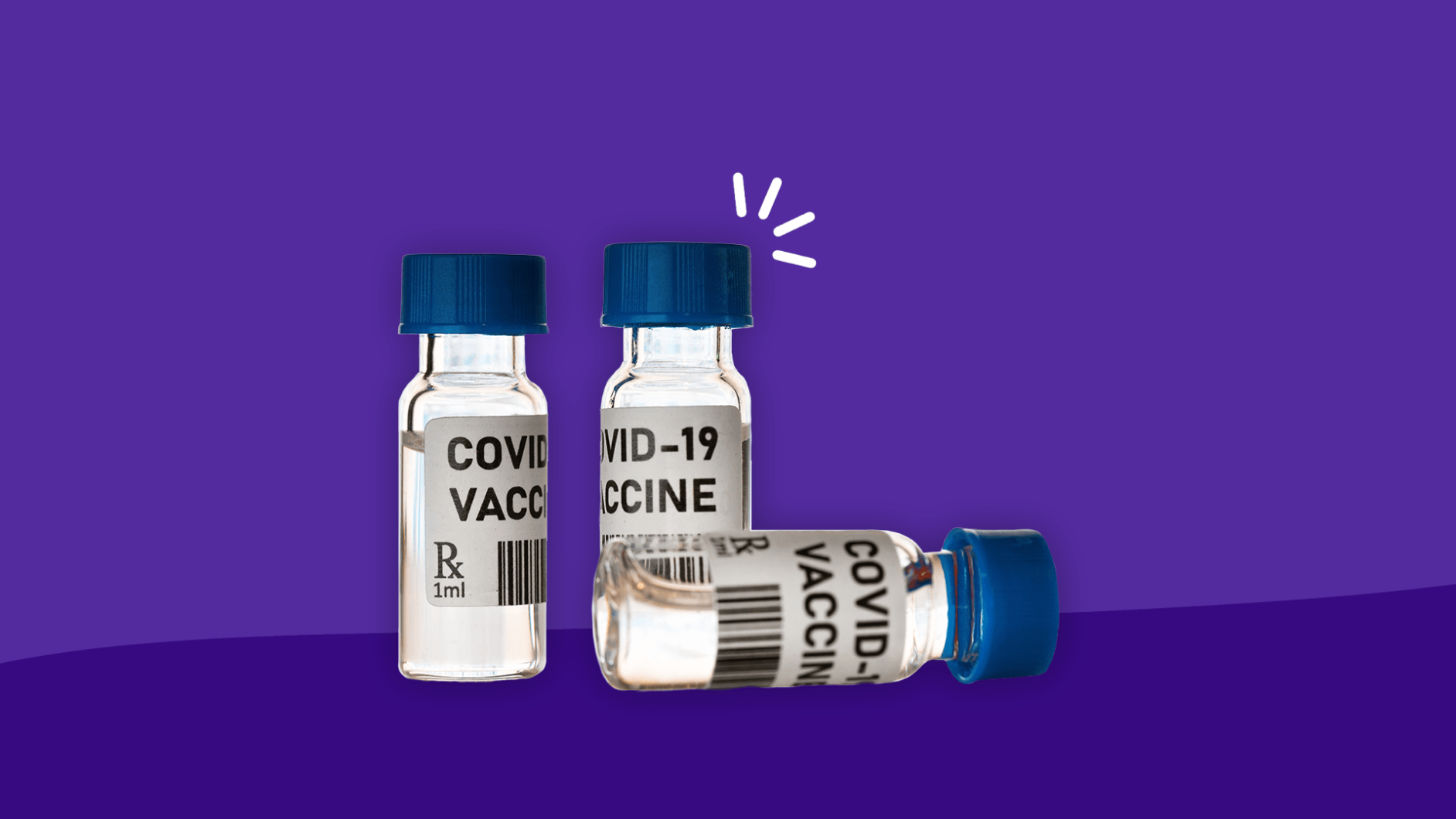CORONAVIRUS UPDATE: As experts learn more about the novel coronavirus, news and information changes. For the latest on the COVID-19 pandemic, please visit the Centers for Disease Control and Prevention.
You may have heard of people getting sick with COVID-19 even though they’re fully vaccinated. It is understandable that this fact may make you doubt the vaccine effectiveness. It may help to know what exactly a vaccine breakthrough is—and how it’s actually normal and expected. Most importantly, the small risk of a breakthrough infection isn’t a reason you should refuse your COVID-19 vaccination.
What is a vaccine breakthrough?
The U.S. Centers for Disease Control and Prevention (CDC) knows that a small number of vaccinated people will still get sick with the COVID-19 virus. This is called breakthrough infection, or a vaccine breakthrough. No immunization is 100% effective. Because of this, there’s still a chance for the vaccinated to become infected with the coronavirus. It’s also possible that the fully vaccinated can become infected with the virus, but be asymptomatic, meaning you won’t have any symptoms.
While the CDC states that these coronavirus breakthroughs can happen to anyone, you are more susceptible if you are female and/or over the age of 60.
If you do get a COVID breakthrough infection after vaccination, you may have mild symptoms or may not have any symptoms, but still be contagious. The reason that it is important that more people get vaccinated is that “if enough people are vaccinated and someone does have COVID, it is not going to keep spreading around to others—it’s basically halted in its tracks,” according to Paul Kamitsuka, MD, infectious disease physician at Wilmington Health in North Carolina.
Vaccine breakthroughs are expected—but rare
COVID-19 breakthrough infections only happen to a small number of vaccinated people. As of May 3, 2021, nearly 246 million vaccines had been administered in the United States and only about 7,000 cases of breakthrough infection.
The concept of vaccine breakthrough isn’t new, explains Cassandra Pierre, MD, acting hospital epidemiologist, medical director of public health programs, and an infectious disease physician at Boston Medical Center. These breakthroughs have been happening in other vaccines for years. “Influenza vaccines, for example, have a much higher rate of breakthrough infection than COVID-19,” says Dr. Pierre.
As more people get vaccinated, breakthrough infections are expected to decline. Researchers suspect that 90% of transmissions will be prevented after the vaccine.
COVID-19 variants are another consideration when thinking of breakthrough infections. The coronavirus, like other infections, replicates in an infected person. With replications, viral mutations often occur. If the wrong mutation occurs, you get different variants. These new variants are currently effective by the vaccines available, in particular the B.1.1.7 variant that’s becoming more widespread, according to Dr. Kamitsuka.
In other words, the vaccines are effective now. “But if people don’t get vaccinated so that we vastly reduce the number of new cases of COVID, then we’re going to keep selecting for variants, and that may no longer be the case in a few months,” says Dr. Kamitsuka. “That’s why the urgency in overcoming vaccine hesitancy is really the prime concern right now.”
Mass vaccination is essential—despite breakthrough infections
Not only are COVID breakthrough cases rare, but getting the vaccine can also help you avoid the worst COVID-19 symptoms. The vast majority of vaccinated people have a mild case and without the vaccination patients may have a much worse illness. So it’s very important to get the vaccination, assuming you don’t have a rare health concern that prevents you from getting the shot.
Despite the rare expected rate of mild breakthrough infection, the COVID-19 vaccines are considered remarkably safe. “This is not something we could have said back in December when the vaccines first came out because we just didn’t have the numbers,” Dr. Kamitsuka says. “It’s certainly safe, safer than any pharmaceutical product probably that’s ever been released, in terms of the vast quantity of safety data we have in a short period of time.”
No vaccine is 100% effective. But getting vaccinated can give you peace of mind that even if you do become infected with COVID-19, the research shows your symptoms will be much milder than they would be if you weren’t vaccinated. The more people that get vaccinated, the fewer COVID-19 breakthrough infections there will be, including the ones caused by COVID variants.
“Breakthrough infections are not a reason to fear, not a reason to distrust vaccines, or to become fatalistic about even getting vaccines,” Dr. Pierre stresses. “Historically, no vaccine ever had to bear this much scrutiny. We want perfection before we feel comfortable speaking it or promoting it, and that’s unfortunately not realistic. But the good thing is these vaccines are phenomenal.”



